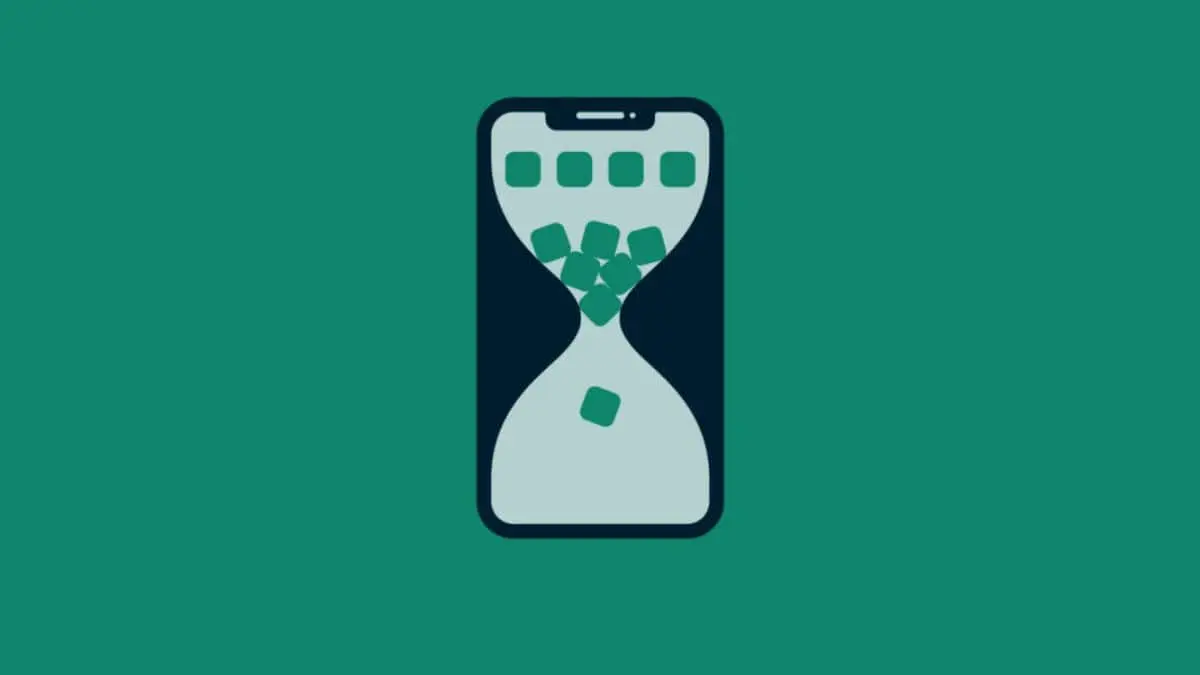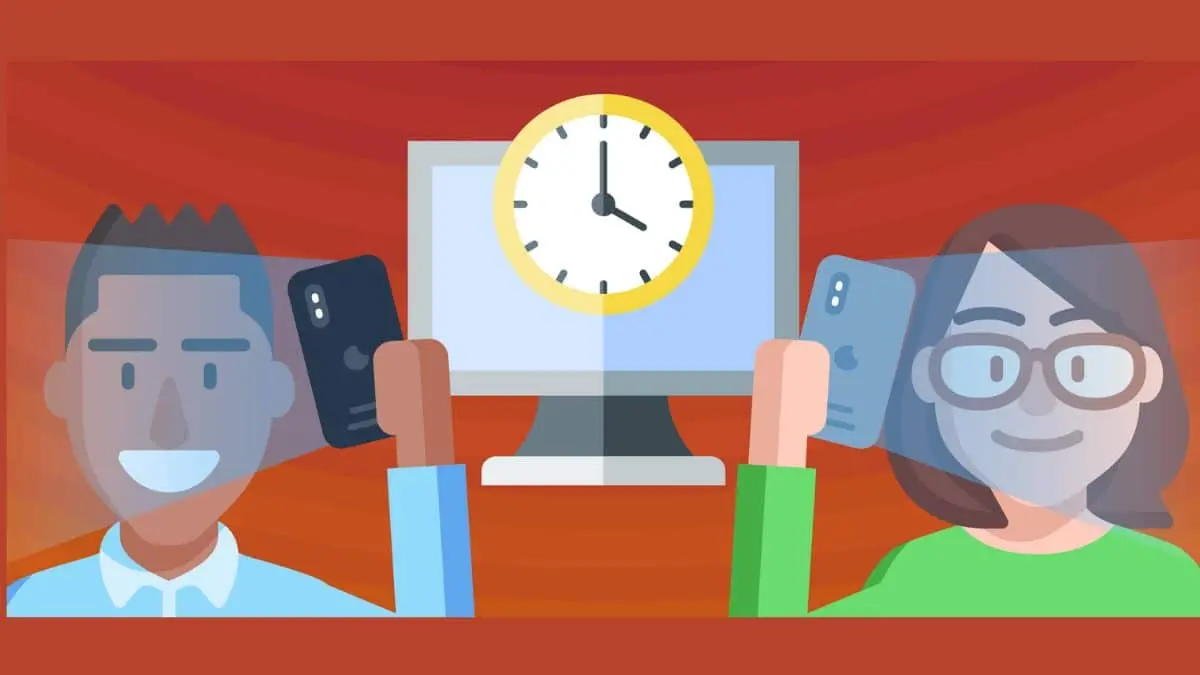In an era dominated by technology, screen time has evolved into a daily metric many of us closely monitor. Whether it’s our smartphones, tablets, laptops, or televisions, screens have an overwhelming presence in our lives. The question is, how much time are we really spending on these devices, and how does this time impact our well-being? In this blog “What is Your Screen Time? We Want to Know”, we’ll delve into what screen time really means, its implications, and how you can achieve a healthy balance.
Defining Screen Time
What is Screen Time?
Screen time refers to the amount of time a person spends looking at digital displays. This includes smartphones, computers, tablets, televisions, and even game consoles. Every minute you spend scrolling through social media, watching a show, working on a laptop, or playing a video game contributes to your daily screen time.
Categories of Screen Time
- Productive Screen Time: This includes time spent on work-related tasks, educational activities, and other essential digital tasks.
- Entertainment Screen Time: Watching movies, playing games, and leisurely browsing fall into this category.
- Social Screen Time: Engaging on platforms like Facebook, Instagram, Twitter, and other social media channels.

Why Does Screen Time Matter?
Health Implications
- Eye Strain: Continuous exposure to screens can lead to digital eye strain, characterized by dry eyes, headaches, and blurred vision.
- Sleep Disruption: Excessive screen use, especially before bedtime, can interfere with our sleep cycle due to blue light emission.
- Physical Health: Sitting for prolonged periods while using devices can result in poor posture, back problems, and other physical ailments.
Mental and Emotional Impact
- Reduced Face-to-Face Interaction: Over-reliance on screens can reduce our direct human interactions, leading to feelings of isolation or loneliness.
- Digital Addiction: Overuse can lead to dependency, making it hard to detach or focus on non-digital tasks.
Current Screen Time Trends
Studies have shown that adults spend an average of 11 hours per day interacting with media. This includes reading, listening, watching, and interacting with media across all devices. The most significant contributor? Mobile devices. With the rise of smartphones, people are consuming content on-the-go, leading to an increase in daily screen exposure.
Screen Time: Pros & Cons
The Benefits
- Information Access: Devices offer an abundance of information at our fingertips, from educational content to News.
- Connectivity: Despite the physical distances, we can stay connected with friends and family.
- Productivity Tools: Various apps and platforms can enhance productivity and streamline tasks.
The Drawbacks
- Mental Health Concerns: Overuse can lead to issues like anxiety, depression, or feelings of inadequacy, especially due to social media.
- Physical Health Risks: Prolonged device use can lead to sedentary lifestyles, contributing to health problems like obesity.
- Reduced Attention Span: Constant exposure can make it challenging to focus on one task or to engage deeply in activities.
Achieving a Healthy Screen Time Balance
Setting Limits
It’s essential to set daily or weekly screen time limits. Various apps can assist in tracking and setting these boundaries.
Scheduled Breaks
Every hour, take a 5-10 minute break. Stretch, take a walk, or do a quick non-screen-related task.
Tech-Free Zones
Designate specific areas in your home, like the bedroom or dining room, as tech-free zones to encourage meaningful interactions and proper rest.
Mindful Consumption
Be conscious of the content you consume. Prioritize quality over quantity and ensure that your screen time is adding value to your life.

Conclusion
While the digital age offers numerous benefits, it also brings challenges related to excessive screen time. As we navigate this connected world, it’s crucial to strike a balance. By understanding the impact of our screen habits and taking proactive measures, we can ensure that technology enhances our lives, not dominates them.
Share your screen time habits with us in the poll below. How do you maintain a healthy relationship with your devices? We want to know!
Also Read: 5 Books to Understand the Israel-Palestine Conflict



